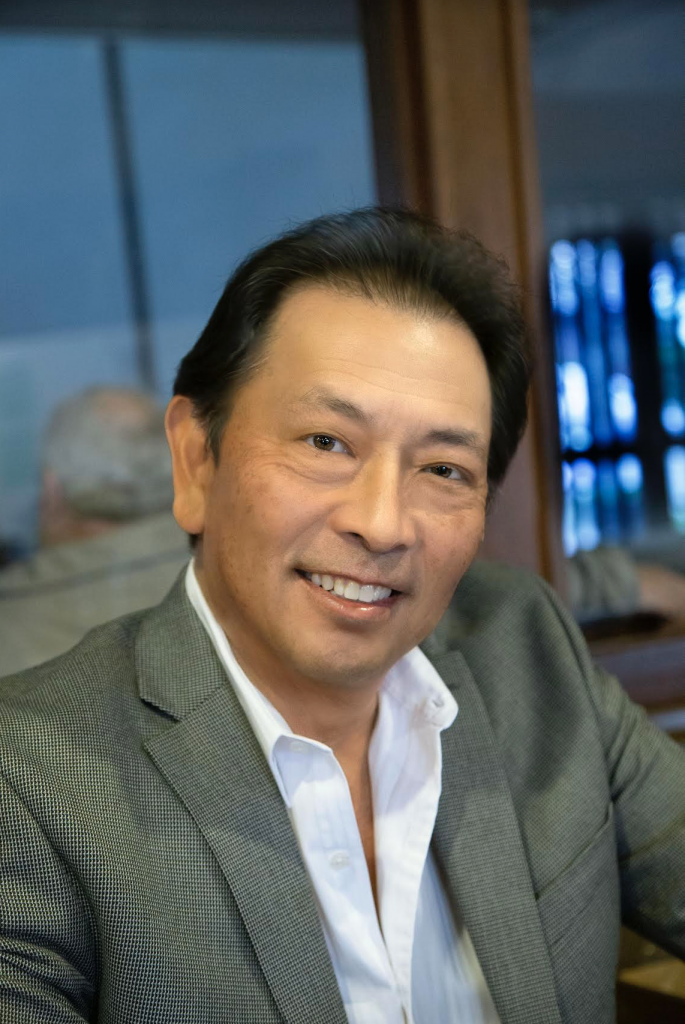Film highlights how Japanese obtained justice for Illegal arrests

Film producer Lane Nishikawa is having a film premiere on Maui about the illegal incarceration of some 120,000 Japanese in the United States during World War II — two thirds of them American citizens — and their successful 10-year fight to seek Congressional reparations and an apology.
“There were no charges filed against them, no court trials,” former US Transportation Secretary Norman Mineta recalled in the documentary about the arrests of his family. “We could only take what we could carry…My dad lost his store.”

Nishikawa’s interviews in the film “Our Lost Years” have proved timely. While he was unable to continue his film tour after its debut in 2019 because of the COVID pandemic, he was able to record interviews with such people like Mineta who passed earlier this month.
The documentary, with assistance of the Nisei Veterans Memorial Center and entertainer Kathy Collins, is being shown at the ʻĪao Theatre on June 9 from 6 to 9 p.m. Doors open at 5:30 p.m.
Nishikawa’s film explores the financial and psychological impact of incarceration upon the Japanese and the feeling of shame and silence about the internment.
It also looks at how out of the movement for minority rights in 1970s, there arose a National Coalition for Redress and Reparations, calling for an apology and monetary reparations through Congressional legislation.
Key legislative players then included Hawaiʻi US Senators Spark Matsunaga and Daniel Inouye.
The film not only explores the Japanese American soldiers’ bravery as a part of the 442nd Regimental Combat Team and the Army Military Intelligence Service, but also the bravery of Japanese American draft resisters called the “No-No Boys,” who opposed military conscription in view of their illegal internment.
Michael Honda, a California Congressman for 16 years, is quoted as saying the 442nd and No-No Boys were both right. “The government was wrong.”
Nishikawa said a federal commission examined internment camps in 1983 and concluded the illegal confinement was caused by racism, wartime hysteria and a lack of political leadership.
He said similar elements appear to be present in rising number of anti-Asian attacks because of racism, pandemic hysteria, and a lack of political leadership.
Tickets are available at MauiOnstage.com.
For a weekly listing of Maui music and other events, go to Maui Entertainment, Arts, Community, May 26-June 1 and click here.










